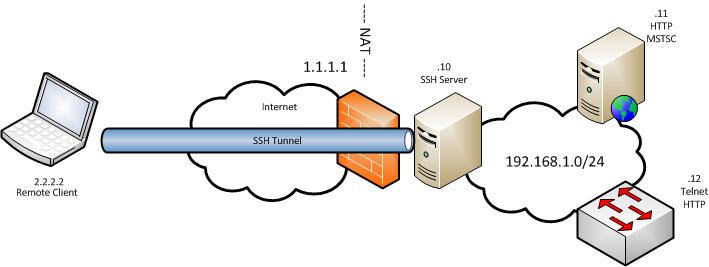

Install nmap-ncat if it’s not already installed: $ sudo dnf install nmap-ncat -y To connect to a server via ssh through a proxy server we’ll be using netcat. $ sudo firewall-cmd -reload Testing the ssh proxy connection Configure firewalld to allow for this: $ sudo firewall-cmd -add-service=squid -perm Now enable and restart the squid proxy service: $ sudo systemctl enable squidĤ.) By default squid proxy listens on port 3128. Next, add the SSH port as a safe port by adding the following line: acl Safe_ports port 22 For example, if your local IP network range is 192.168.1.X, this is how the line would look: acl localnet src 192.168.1.0/24 The default configuration file already has a list of the most common ones but you will need to add yours if it’s not there. Squid uses access control lists to manage connections.Įdit the /etc/squid/nf file to make sure you have the two lines explained below.įirst, specify your local IP network. The squid configuration file is quite extensive but there are only a few things we need to configure. Install the squid package using sudo: $ sudo dnf install squid -y However for this setup you’ll configure Squid to be used as an SSH proxy server since it’s a robust trusted proxy server that is easy to configure. It’s normally used to help improve response times and reduce network bandwidth by reusing and caching previously requested web pages during browsing. Squid is a full-featured proxy server application that provides caching and proxy services. In these cases connecting to another SSH server via a proxy server is one way to get through. Other times, you may want to add an extra layer of security to your SSH connection. At the same time it requires strong national commitment at all levels and involves continuous progress evaluation.Sometimes you can’t connect to an SSH server from your current location.
#Ssh proxy for asycuda full#
It aims to deliver the full transfer of know-how to ensure national long-term sustainability. The ASYCUDA implementation strategy has been developed to respond to the challenge represented by such a complex reform programme. It also provides for electronic data interchange between traders and customs administrations using UN/EDIFACT rules. ASYCUDA can be configured to suit national characteristics such as: individual customs regimes national tariffs customs regulations and legislation and after initial configuration remains fully adaptable to any changing customs regimes, regulations and legislation. It takes into account all international codes and standards relevant to customs processing as established by the ISO, WCO and UN. Transaction and control data are stored in a relational database management system.
#Ssh proxy for asycuda software#
It generates detailed information about foreign trade transactions that can be used for economic analysis and planning.ĪSYCUDA software can be used on multiple types of hardware in a client/server environment. The system handles manifest and customs declarations, accounting procedures, and warehousing manifest and suspense procedures. Projects also utilise harmonized international standards, such as UN/EDIFACT, whilst simultaneously leading to active and mutually-beneficial cooperation among ASYCUDA user countries.įeatures ASYCUDA is a computerized customs-management system that covers most foreign trade procedures. Produce reliable and timely trade and fiscal statistics to assist in the economic planning process as a by-product of the customs clearance processĪn important objective of ASYCUDA projects is to implement systems as efficiently as possible with a full transfer of know-how to national customs administrations at the lowest possible cost for countries and donors.Increase customs revenue – often the major contributor to national budgets – by ensuring that all goods are declared, that duty/tax calculations are correct and that duty/exemptions, preference regimes, etc., are correctly applied and managed.Accelerate customs clearance via computerization and by simplifying procedures, thereby minimizing administrative costs to the business community and the economies of countries.The ASYCUDA Programme works to reform customs clearance processes and aims to:


 0 kommentar(er)
0 kommentar(er)
